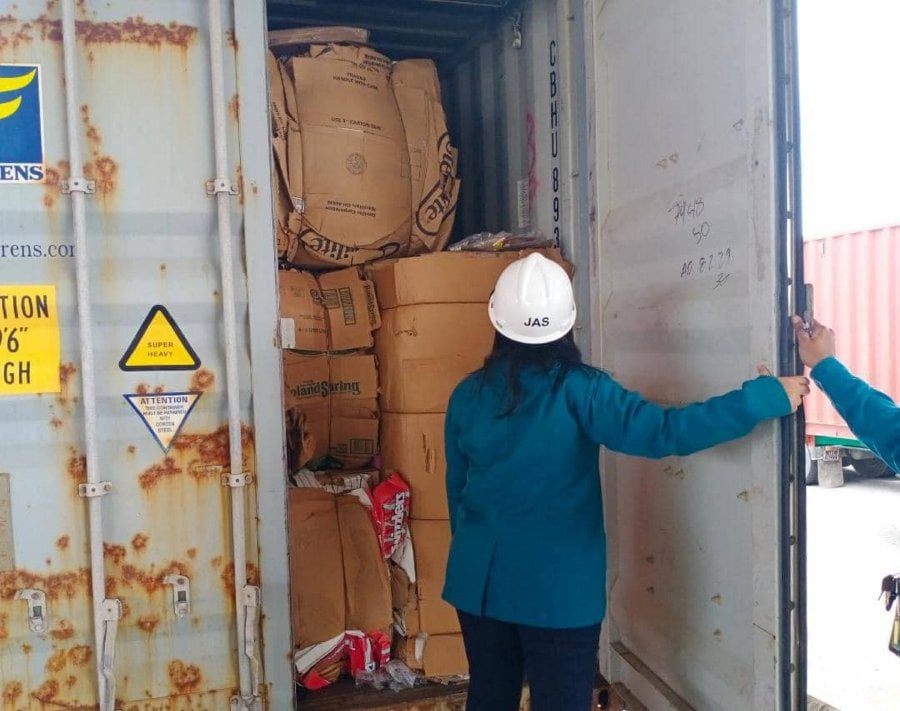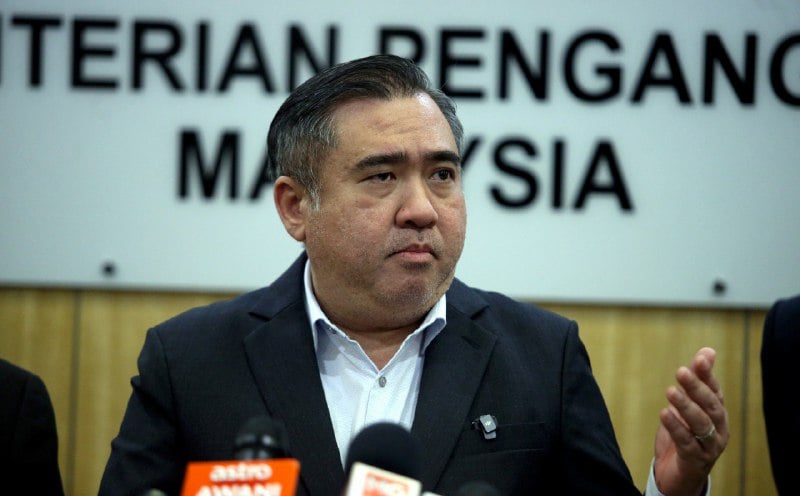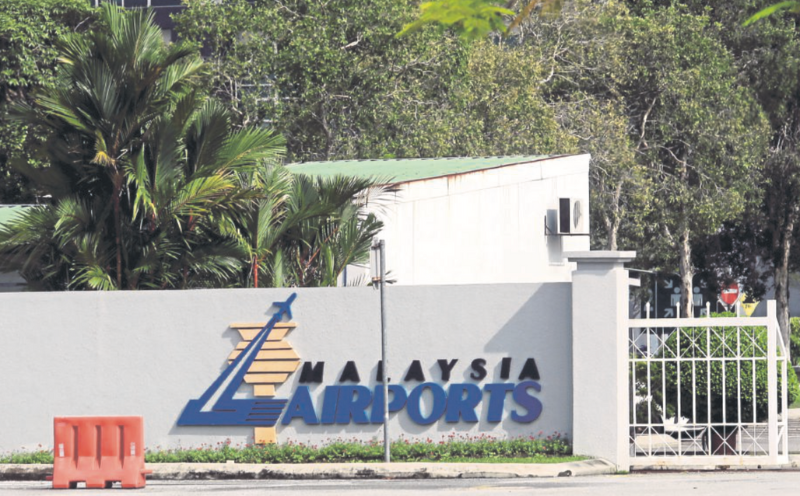PORT Receiving Facility (PRF) refers to the infrastructure of facilities or receiving points and waste handling that must be provided by international shipping ports for the safe disposal of waste materials produced by ships to avoid ocean dumping.
This PRF infrastructure should observe the standards set by the International Convention for the Prevention of Pollution from Ships (MARPOL 73/78), which suggest that the parties to the convention should provide adequate PRF infrastructure at ports and terminals to meet the needs of ships. Failure to comply with the regulations may result in penalties imposed on ship owners and operators.
The International Maritime Organisation (IMO) recognises that the provision of PRF infrastructure is essential to ensure the effective implementation of MARPOL 73/78. The Marine Environmental Protection Committee (MEPC) strongly encourages member states, including Malaysia, to provide adequate PRF infrastructure.
Following the existing practice by most countries within the European Union (EU), the plan for the receiving and handling of waste materials by the PRF infrastructure must be prepared by the port authorities, approved by the ministry, and re-approved after the assessment at least every three years. In Malaysia, the Malaysian Maritime Enforcement Agency (MMEA) is the agency responsible for managing and monitoring the implementation of PRF infrastructure.
Although there are ports in Malaysia that have PRF infrastructure, a study by Universiti Sains Islam Malaysia (USIM) and Universiti Malaysia Terengganu (UMT) in 2019 found that Malaysia's current PRF infrastructure was insufficient and does not meet the requirements of MARPOL 73/78.
Thus, the RM60 million PRF infrastructure in Port Klang is seen as a very effective initial step to meet the requirements of MARPOL 73/78. Malaysia must have comprehensive and effective standard operating procedures (SOPs) for managing the waste materials from ships at ports and be able to accommodate large quantities of waste received at any one time without causing delays to the operations of vessels.
In fact, these SOPs must be in line with the interpretation of the law that Malaysian ports will provide similar PRF infrastructure since each port is unique in terms of size, administrative capacity, physical infrastructure and operations.
A study in 2021 by Wroclaw University, Poland found that ships around the world have generated 636,000 tonnes of waste a year into the oceans. The negative impact of ships' waste is evident from the various findings of research studies by the Maritime Institute of Malaysia (MIMA) over the past two decades, which have warned that ships' waste cause serious harm not only to marine ecosystems, but also to public health.
In fact, waste dumping from unregulated vessels has led to global damage amounting to at least US$13 billion annually as a result of the loss of tourism activity revenue.
Thus a study by Aristotle University of Thessaloniki, Greece in 2018 suggested that there is a need to introduce a transparent and efficient payment system, as well as appointing companies to manage the acceptance, management, final disposal, and recovery of material waste produced by ships as a work-specific contract.
In fact, a study by World Maritime University, a post-graduate maritime university founded within the framework of the IMO, predicts that an increase in the number of ships per year will lead to an increase in the amount of waste production.
Therefore, as recommended by the European Maritime Safety Agency (EMSA), it is important for captains of vessels to plan the proper management of waste materials on board and provide detailed waste information to the PRF infrastructure available at each port along their journey.
A research study by the University of Oslo, Norway in 2022, found that the PRF facility provided to cater to the Arctic marine environment was inadequate with poor SOPs and non-compliance with global treaty standards, resulting in a failure to stop marine waste from sea-based resources in the Arctic.
Malaysia should heed this lesson and ensure the RM60 million PRF infrastructure, which will be built in Port Klang, is complete, comprehensive, and in compliance with the regulations and requirements of MARPOL 73/78 and IMO.
Hence, MIMA, a maritime policy research agency under the Transport Ministry, has developed an initiative to create an effective dashboard system consisting of a PRF facilities' list database, including the maximum amount of acceptable waste and the service fee charged by the port authorities.
The dashboard should also be in line with the provision for mandatory reporting of the type of waste material information from the vessel, including the estimated amount of waste material to be disposed of at the port.
The availability of PRF infrastructure together with this dashboard system will help reduce the amount of ship waste dumped into the oceans, protect marine ecosystems and public health, promote compliance of MARPOL 73/78 and strengthen the reputation of Malaysian ports aligned with its status as a maritime nation.
The writers are from the Maritime Institute of Malaysia (MIMA)
















